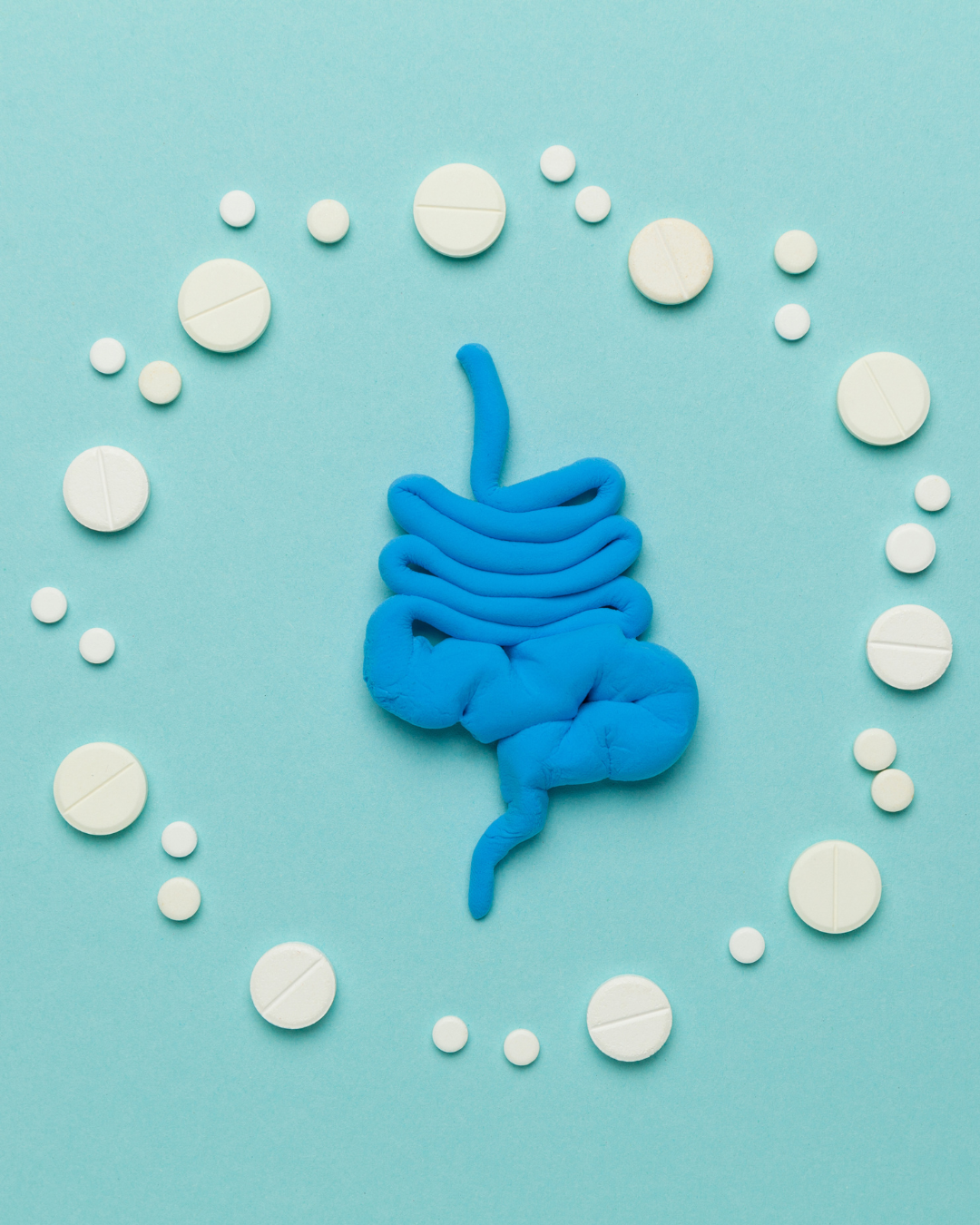
I found irritable bowel syndrome (IBS) a bit embarrassing and challenging to talk about because it is very complex. I am probably not the only one! I have struggled to explain it to friends and family, who didn’t know anything about IBS and Low FODMAP (LFM).
The simplest way to explain LFM is that Fodmaps refer to certain sugars known to trigger digestive problems. Eating a diet low in these sugars helps control symptoms, which has been very beneficial.
Maybe you are reading this because you have a friend, family member or yourself who suffers from this condition. I will now talk about what IBS is and how Low FODMAP can help you.
What is IBS?
Irritable bowel syndrome is a common gut disorder with symptoms like abdominal pain, cramping, bloating and changes in bowel habits. For some people, this means constipation; for others, diarrhoea or even a combination of both. The symptoms of IBS can significantly impact the quality of life for IBS patients.
Many people with IBS notice that what they eat seems to impact their symptoms. The researchers have even developed a specific IBS diet called the Low FODMAP Diet and proven to help 75% of people with IBS better manage their symptoms. Aside from FODMAPS, other standard IBS diet triggers that you may want to consider include dietary fibre, gluten, caffeine, fat, dairy (lactose) and alcohol.
What does Low FODMAP stands for?
The term FODMAP is an acronym that stands for:
Fermentable (Process through which gut bacteria ferment undigested carbohydrates to produce gases.)
Oligosaccharides (Fructans & GOS – found in wheat, rye, onions, garlic and legumes/pulses.)
Disaccharides (lactose – found in dairy products like milk, soft cheeses and yoghurts.)
Monosaccharides (fructose – found in honey, apples, high fructose corn syrups, etc.)
And
Polyols (Sorbitol and Mannitol – Found in some fruit and vegetables and used as artificial sweeteners.)
Wow, I hope you are still here? – that was a lot to take in, I know! Remember that these words only are scientific names to describe the various sugars some people have difficulty absorbing. On the other hand, fermentable is the process where bacteria in your gut consume these sugars to produce gas and other painful symptoms.
What foods have FODMAP?
You can find FODMAPs in many foods, such as apples, cauliflower, sweet potato, beans, avocado, mango, onions, garlic, beans, honey and milk, and foods made from wheat, rye, pasta, bread etc.
What is FODMAPS?
Fodmap’s are short-chain carbohydrates that aren’t absorbed correctly in the gut. They can trigger symptoms in IBS such as gas, bloating, stomach pain, discomfort, diarrhoea and constipation. Not charming, I know!
What is Low FODMAP?
LFM diet is a dietary approach to help manage symptoms of IBS and was developed by researchers at Monash University in Melbourne, Australia. Research has shown that over 70% of people with IBS who follow the diet see a significant improvement in their symptoms.
There are three stages to a Low-FODMAP Diet.
Step 1 – Low FODMAP Diet
Remove high FODMAP food For 2-6 weeks and eat low FODMAP foods instead.
Step 2 – Reintroduction Diet
For the next 8-12 weeks, you begin reintroducing high FODMAP foods back into your diet one by one to identify which FODMAP types trigger your IBS symptoms and which do not.
Step 3 – Personalization Diet
Finally, you can identify your high FODMAP trigger food and reintroduce it into your diet. In the long term, it’s about finding a balance between tolerated FODMAP-high foods and the avoidance of others.
In most cases, people can reintroduce many high FODMAP foods back into their diet but may not eat them as often or in the same quantity as before.
There are two groups I have severe difficulties with, which are fructans and Gos. Another two I have to be careful with is fructose and sorbitol, which you find in mango, honey, avocado, apple etc. If I get a small amount, I will be fine.
You can find more information on the link below.
What is IBS
What are FODMAP
What foods are FODMAP
What is Low FODMAP
Monash university
The information and advice on www.RauJensen.com cannot replace the services of trained health professionals or be a substitute for medical advice.

